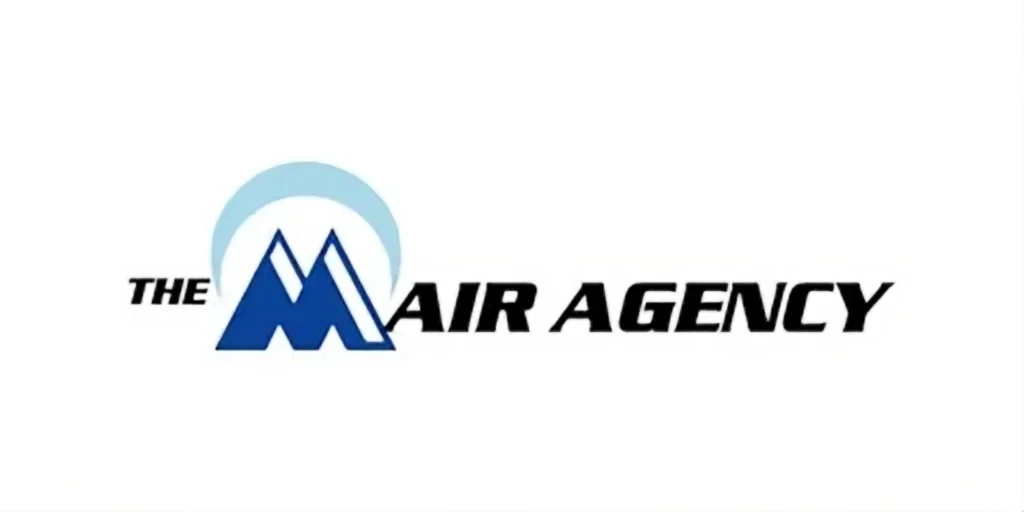Cardiac ablation can be a potentially life-changing procedure for individuals suffering from irregular heart rhythms, also known as arrhythmias. But for many, especially seniors, understanding Medicare coverage and out-of-pocket costs is a key part of deciding whether to pursue treatment.
This guide will walk you through everything you need to know about Medicare and cardiac ablation, from coverage details to supplement plan options that may reduce your expenses.
What is Cardiac Ablation?
Cardiac ablation is a medical procedure designed to correct abnormal heart rhythms by targeting and destroying small areas of tissue in the heart that are causing the irregularities. It is commonly used to treat conditions like:
- Atrial Fibrillation (AFib)
- Atrial Flutter
- Certain Other Arrhythmias.
The procedure can improve symptoms such as:
- Dizziness
- Fatigue
- Shortness of breath
- It may reduce your risk of complications like stroke.
Cardiac ablation is typically recommended for individuals who haven’t had success with medications or other treatments and are experiencing persistent symptoms that affect their quality of life.
Now that we understand what cardiac ablation is, we’ll address the big question.

Is a Heart Ablation Procedure Covered by Medicare?
The short answer is yes, Medicare does cover cardiac ablation. This procedure is deemed medically necessary for treating arrhythmias, meaning it is included under Medicare’s benefits.
Here’s a breakdown of how Medicare parts cover cardiac ablation:
- Medicare Part A covers your procedure if it is done in a hospital as part of inpatient care. This includes costs related to your hospital stay, such as room and board, nursing care, and medications.
- Medicare Part B covers it as an outpatient procedure. This includes the cost of the ablation itself, as well as necessary tests, pre-procedure consultations, and any follow-up appointments.
Medicare Part B typically covers 80% of the Medicare-approved cost after you meet your deductible. This means you’ll be responsible for the remaining 20%, along with any applicable copayments or coinsurance.
How Much Does a Cardiac Ablation Cost Out of Pocket?
The cost of a cardiac ablation procedure can vary widely, depending on several factors, including where you live, the hospital or clinic where the procedure is performed, and your insurance coverage.
On average, the total cost of a cardiac ablation can range from $10,000 to $50,000. This cost includes fees for the hospital, the doctor, anesthesia, and other related expenses.
For Medicare beneficiaries, after meeting the Part B deductible, Medicare usually covers 80% of the approved amount for outpatient procedures, leaving you responsible for the remaining 20%.
For example:
- If the Medicare-approved cost of your procedure is $20,000, you could be responsible for around $4,000 out-of-pocket.
However, these costs can add up quickly. That’s why many choose to pair their Original Medicare with a Medicare Supplement Plan to minimize out-of-pocket expenses.

Who is a Candidate for Cardiac Ablation?
Not everyone with an arrhythmia will need or qualify for cardiac ablation. Here are some key factors that might make someone a good candidate for cardiac ablation:
:
- Persistent Symptoms: If you experience ongoing symptoms like rapid heartbeat, dizziness, shortness of breath, or fatigue that affect your ability to live life fully.
- Medication Isn’t Working: When prescribed treatments like beta-blockers or antiarrhythmic medication fail to control your symptoms or cause severe side effects.
- Risk of Complications: Some arrhythmias can increase the likelihood of strokes or heart failure, making treatment more urgent.
- Good Overall Health: You need to be healthy enough to undergo surgery for cardiac ablation safely.
Ultimately, your healthcare provider will evaluate your medical history, symptoms, and other treatments you’ve tried before recommending the procedure.
How to Manage Costs and Get the Right Coverage
Navigating Medicare and its coverage options can feel overwhelming, but educating yourself and planning ahead can help you make confident decisions about your healthcare. Here are tips to ensure you’re covered:
1. Understand Your Medicare Plan
Educate yourself about what Original Medicare (Parts A and B) covers. If you’re unsure about your coverage details, you can contact Medicare or the Mair Agency for personalized assistance.
2. Explore Medicare Supplement Plans
If you’re concerned about high out-of-pocket costs, consider supplementing your coverage with a Medigap plan. These plans can lower the financial burden of costly procedures like cardiac ablation.
3. Check Your Enrollment Window
Your enrollment period matters. If you’ve just turned 65 or are new to Medicare, you may qualify for guaranteed issue rights, meaning you won’t be denied coverage or charged more for a Medigap plan because of pre-existing health conditions.
4. Consult an Expert
The Mair Agency simplifies Medicare for North Carolina residents. With nearly three decades of experience, their team provides one-on-one support to help you compare plans and enroll in the right option for your needs.

Final Thoughts
Cardiac ablation can greatly improve your quality of life if you’re struggling with an arrhythmia. The good news is that Medicare generally covers this procedure, helping make it more accessible to those in need.
To avoid surprise expenses, make sure you understand your coverage details and look into a Medicare Supplement Plan if applicable. By being proactive and discussing your options with a knowledgeable agent, like those at the Mair Agency, you can focus on your health with fewer financial worries.
If you’re ready to learn more or want help choosing a Medicare plan, reach out to the Mair Agency today. Their team specializes in providing friendly, easy-to-understand guidance for all your Medicare needs.



